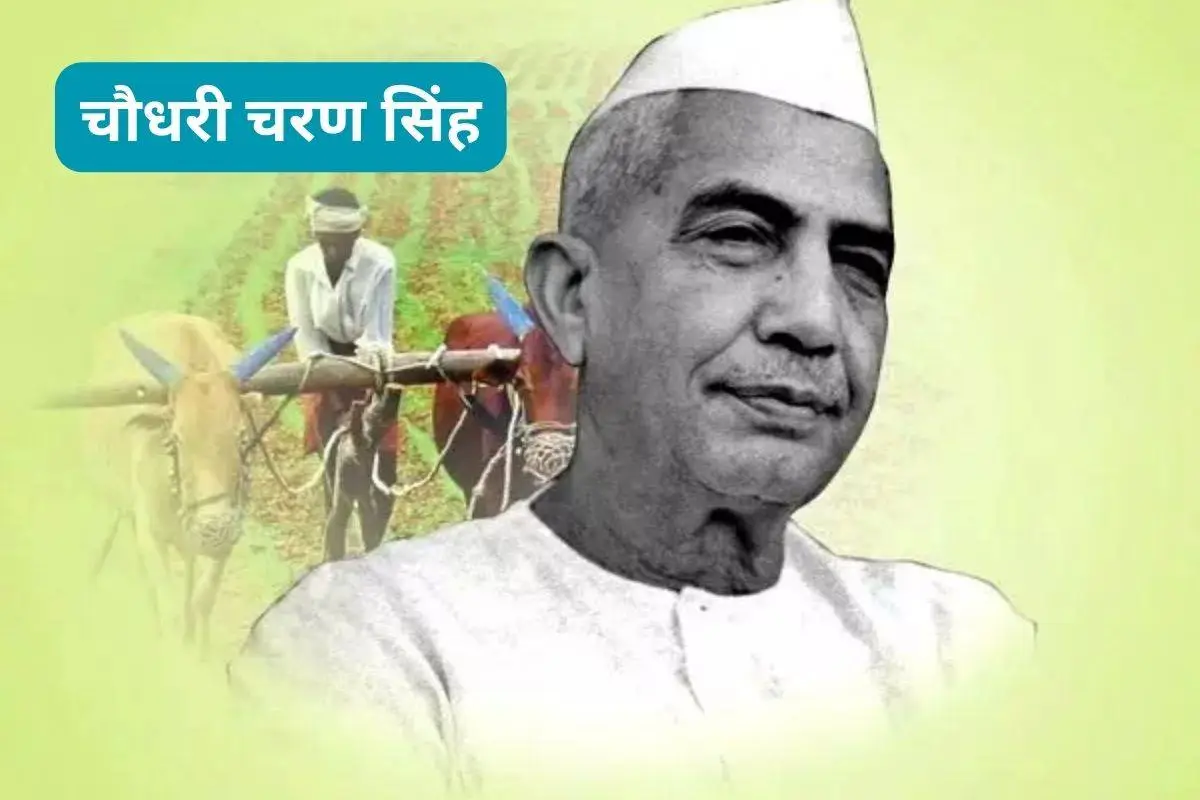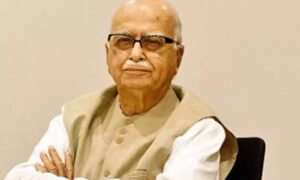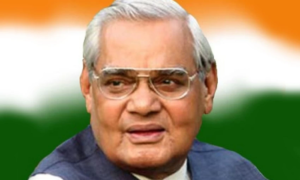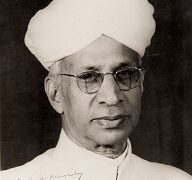Chaudhary Charan Singh (December 23, 1902 – May 29, 1987) was an Indian farmer leader and the fifth Prime Minister of India. He held this position from July 28, 1979, to January 14, 1980. Chaudhary Charan Singh lived his entire life in the Indian ethos and rural environment.
Biography Charan Singh was born into a Jat family. During the time of independence, he entered politics. During this period, he also wrote two diary-like books from Bareilly Jail. After independence, he became involved in Ram Manohar Lohia’s rural reform movement.
Near Babugarh Chavani, in the village of Noorpur, Tehsil Hapur, District Ghaziabad, Commissionerate Meerut, in the unyielding black soil and straw-thatched hut of Fusa in Khapar, you were born on December 23, 1902. Chaudhary Charan Singh’s father Chaudhary Mir Singh entrusted him with his moral values as an inheritance. Six years after Charan Singh’s birth, Chaudhary Mir Singh, along with his family, settled near Bhupgadi after coming from Noorpur to Jani Khurd. It was in this environment that the seeds of struggle against village-poor-farmer exploitation were sown in the tender heart of Chaudhary Charan Singh. After obtaining a law degree from Agra University in 1928, Charan Singh started practicing law in Ghaziabad with honesty, transparency, and a sense of duty. Even in the profession of law, Chaudhary Charan Singh accepted only those cases in which the client’s side was just. Influenced by the declaration of complete independence at the Lahore session of the Congress in 1929, young Charan Singh formed a Congress committee in Ghaziabad. In 1930, under the leadership of Mahatma Gandhi, the call to break the salt law was made under the Civil Disobedience Movement. Gandhi undertook the ‘Dandi March’. Inspired by the passion for independence, Charan Singh made salt on the Hindon River near Ghaziabad. As a result, Charan Singh was sentenced to six months in prison. After his release from prison, Charan Singh devoted himself entirely to the freedom struggle under the leadership of Mahatma Gandhi. In the personal satyagraha of 1940, Charan Singh was also arrested, then released in October 1941. There was dissatisfaction throughout the country at this time. Mahatma Gandhi called for ‘do or die’. The voice of ‘Quit India’ began to resonate throughout India. On August 9, 1942, in the atmosphere of the August Revolution, young Charan Singh clandestinely organized a revolutionary organization in the villages of Ghaziabad, Hapur, Meerut, Mawana, Sarthana, and Bulandshahr. In the Commissionerate of Meerut, young Charan Singh, along with revolutionary comrades, repeatedly challenged the British government. The Meerut administration had ordered to shoot Charan Singh on sight. On one side, the police kept an eye on Charan Singh, while on the other side, young Charan Singh would mingle among the people after holding meetings. Finally, the police arrested Charan Singh one day. He was sentenced to one and a half years in prison as a political prisoner. In jail, Chaudhary Charan Singh’s written book ‘Shishtachar’ is a valuable document of the rules of etiquette of Indian culture and society.













